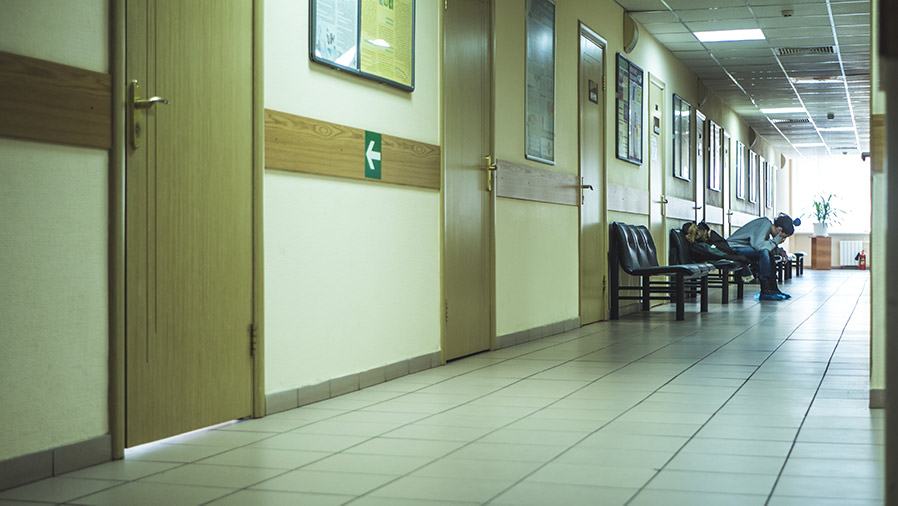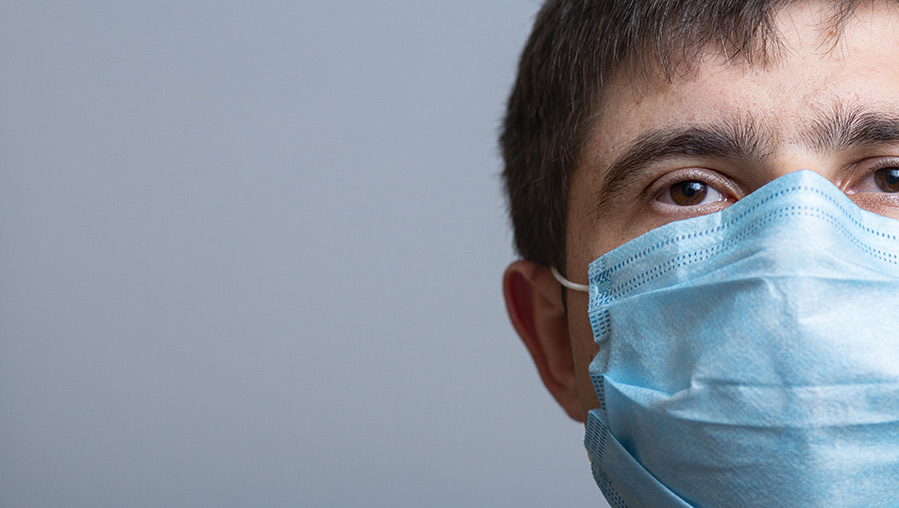Why understanding fear and hope is important to being a surgeon

It takes seconds for someone’s life to fade. The misery, pain, agony, and resentfulness evident on the faces of loved ones who beg and pray for only one thing—the life of their dearest father, mother, son, daughter, or sibling.
It’s horrible to imagine and even more dreadful to bear the suffering of losing someone that you care for. It inadvertently fuels the fire of torment, affliction, and woe; it begs for the kindness, affection, care, and sincerity of a doctor.
The hope for healing and getting rid of pain and difficulties grows in one’s mind with every step towards the hospital. Imagine: if a simple flu makes us crazy, how would an active, well-settled person presenting with a simple headache react when they’re diagnosed with a brain tumor? The lost dreams, hopelessness, and denial—all integrated—becomes realistically obvious. The scenario becomes worse if they belong to a poverty-stricken family and are the sole earner for the family. After cursing and questioning fate, they take shelter with the healer known as a doctor. Their future, family, wealth, life, and death all become associated with this doctor, specifically, this surgeon.
Nothing in life is harder for a physician than uttering the words ‘your loved one is no longer with us.’ We believe that we did the best we could. However, despite the best efforts we make and how great we are as surgeons, these words can traumatize our credibility and take away the trust of whole families.
From the patient and family’s perspective, it’s the other way around. Patients and their families aren’t concerned about the prestigious degrees and awards that were bestowed upon us. They care about how we make them feel good. Hope helps them trust in us. It’s very difficult to build trust—and it’s easy to break it.
Rushing towards the trauma unit, we think “does this patient have any reasonable chance to survive?” Thousands of unanswered questions are silently expressed through the eyes of patients and families.
The sincerity of kisses, hugs, and goodbyes; the feelings of uncertainty about the future; the fear of losing someone; and the tears of despair and pain in the hospital make every second feel like a burden for patients, friends, and families.
This burden ultimately lies on the surgeon directly dealing with and manipulating the patient’s future. Wishing to be called a surgeon is easy—being submissive to the compassion and responsibility that the title brings with it is difficult.
What if we were the ones whose fates were in some other human’s hand? We know that ‘to err is human.’ Even a 0.001 % error can turn a person’s fate upside down. No matter how skilled or confident one is, there is unpredictability.
When there is precariousness, there is a need for hope. From the planning of a surgery, to registering, to an incision, to resection, to closure of the wound—hope to avoid complications, to carry out a successful surgery, to provide the best outcome, and most important of all: bring the patient back to a normal life.
Hospitals are places full of anxiety, nervousness, and fear. It’s the last place someone would ever wish to be. The darkness and worries in minds seek protection and guidance. The mother who lost her young son, the daughter who lost her father, the wife who lost her husband, and those who were dead and brought unattended—unlimited different scenarios are unanimously connected through hope. We have seen hundreds and thousands of situations in which medical theories fail—love, courage, and hope dominate every other aspect. This may be because hopes in hospitals are made with pure sincerity and whole-heartedness.
These intense emotions and pressure, therefore, must be borne by residents, fellows, and surgeons. Families and friends expect everything to be perfect, but what if everything they believed went wrong? What if the surgeon that they presumed to be the best made a mistake? What if they ran out of money and can’t afford the next treatment options? What if there are no chances of further recovery?
It’s important to be mentally prepared for these outcomes consider the perspectives of the people involved. Everyone—family, friends, and the whole staff treating that individual—hopes for things to go smoothly. Everyone is grateful when the surgery goes well, but that’s not always the case. Every step has ambiguity: what if?
In moments of suffering and complex phases of denial, people wish to rely on a physician who is empathetic, sympathetic, and compassionate, regardless of their ranking. Thinking from the patient’s perspective is crucial for facing all possibilities.
If your specialty is spine surgery and you'd like to learn more about building these important relationships with patients and families as well as dealing with the multifaced consequences of complications when they do happen, please consider joining us at the AO Spine NA Seminar - Managing Complications: Clinically, Ethically, and Legally.





